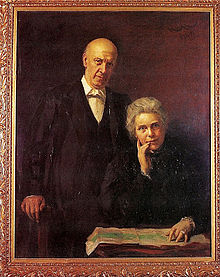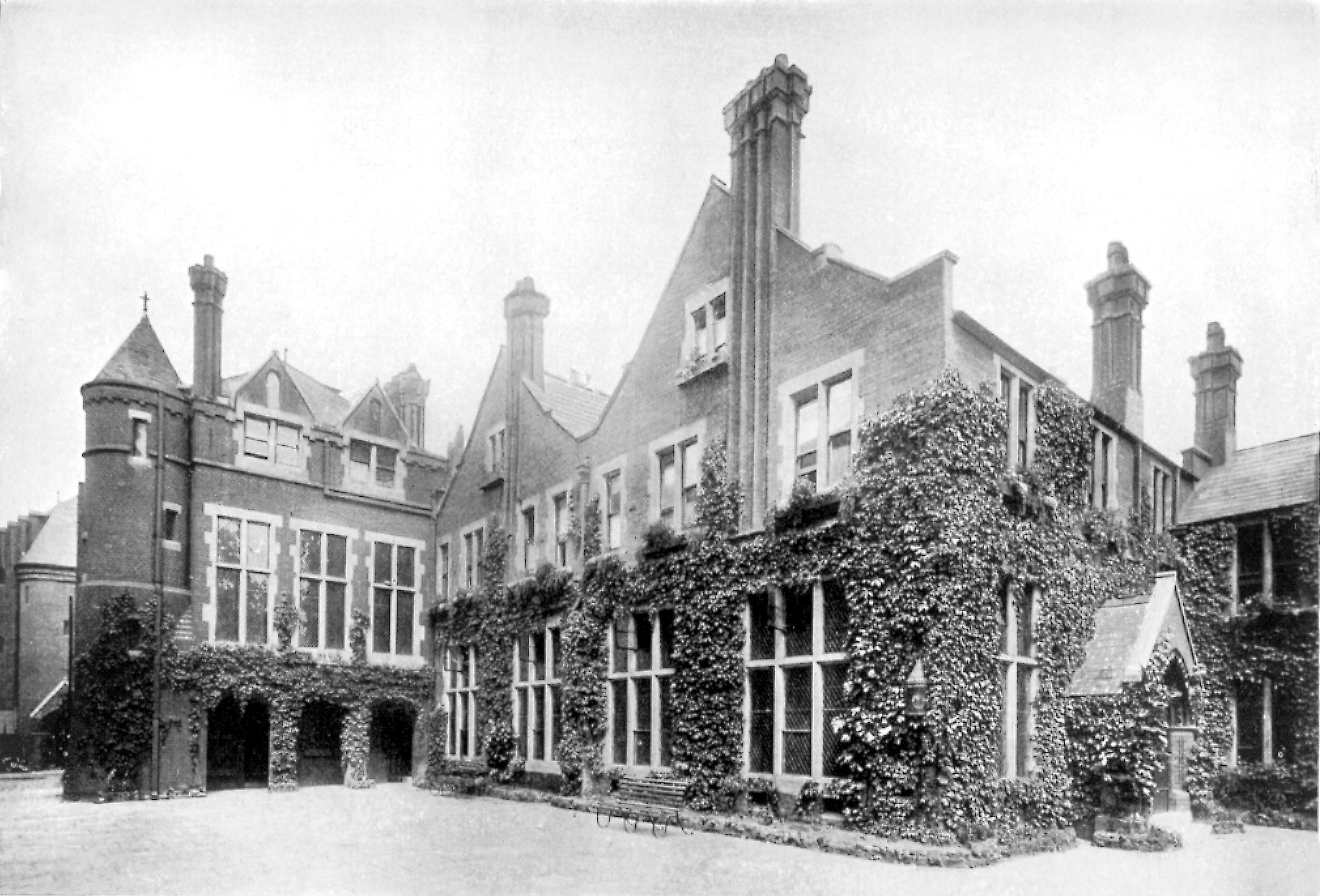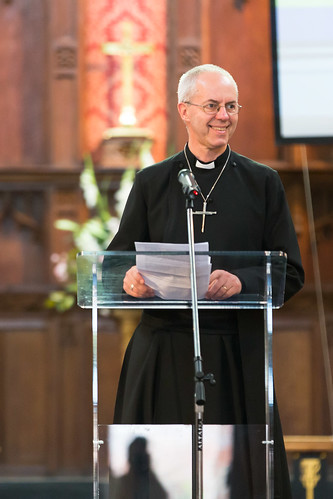Toynbee Hall, in the east end of London, was established in 1884, named after an Oxford historian who had died the previous year. In the 1880s there was a movement to address the poverty and appalling living conditions of many in the great cities. Rev. Samuel Barnett, Toynbee Hall's founder had moved from a church in Mayfair to St Jude's, a derelict church in the east end in 1872 and it was here that Barnett and his wife Henrietta became drawn into community action. The great idea of Toynbee Hall and the university settlement movement was to bring young undergraduates into the poorest communities to learn what life there was truly like, as a catalyst to change and to run schemes for education, welfare, better housing and even in time union organisation.
Barnett seems to have been determined to see his faith lead to practical action, he wished the people who came to the east end "to settle, that is, to learn as much as to teach, to receive as much as to give". He wanted those making social policy to have knowledge of the problems faced by the people they were trying to help and his work had a huge impact. Among people and projects he influenced were Cosmo Lang, later Archbishop of Canterbury, Charles Booth, who mapped London's poverty, future prime minister Asquith and William Beveridge, author of the eponymous report that led to the foundation of the NHS and welfare state. Moreover for some men and women involvement in Toynbee Hall led to considerable social and educational advancement, the first scholarships for pupil teachers to go to Oxford or Cambridge were established in 1892. While some involved in Toynbee Hall did very well such as J M Dent, bookbinder who became a publisher and established the Everyman series and Thomas Okey, a basket maker, who became first Professor of Italian at Cambridge.
I am not far through the book but already I find the breadth of the aims and vision of Toynbee Hall inspiring and slightly breath-taking. Their work has a lot of relevance for today; sadly the problems they were tackling are still with us and getting worse, especially economic inequality. It also makes me sad that these men and women fought so hard to get decent housing, health care etc. for all and we are now watching their work being dismantled or crippled by lack of funding. So I would recommend this book as very readable and would commend it to any publisher who would consider republishing it. Let us follow in their footsteps.
You can see the other entries for The Year in Books here
 |
| Samuel and Henrietta Barnett, painted by Hubert von Herkomer |
I am not far through the book but already I find the breadth of the aims and vision of Toynbee Hall inspiring and slightly breath-taking. Their work has a lot of relevance for today; sadly the problems they were tackling are still with us and getting worse, especially economic inequality. It also makes me sad that these men and women fought so hard to get decent housing, health care etc. for all and we are now watching their work being dismantled or crippled by lack of funding. So I would recommend this book as very readable and would commend it to any publisher who would consider republishing it. Let us follow in their footsteps.
You can see the other entries for The Year in Books here

